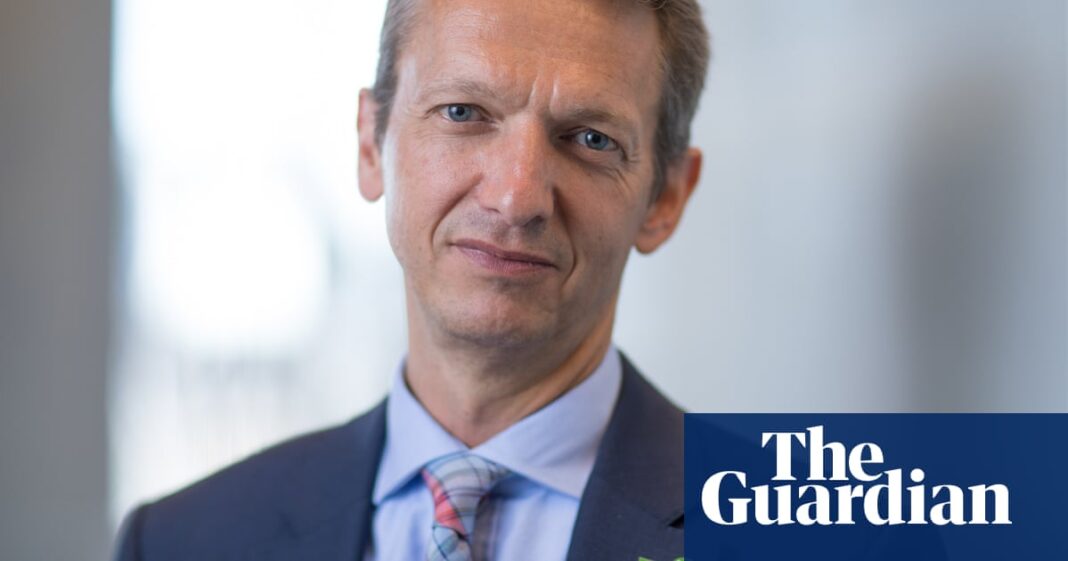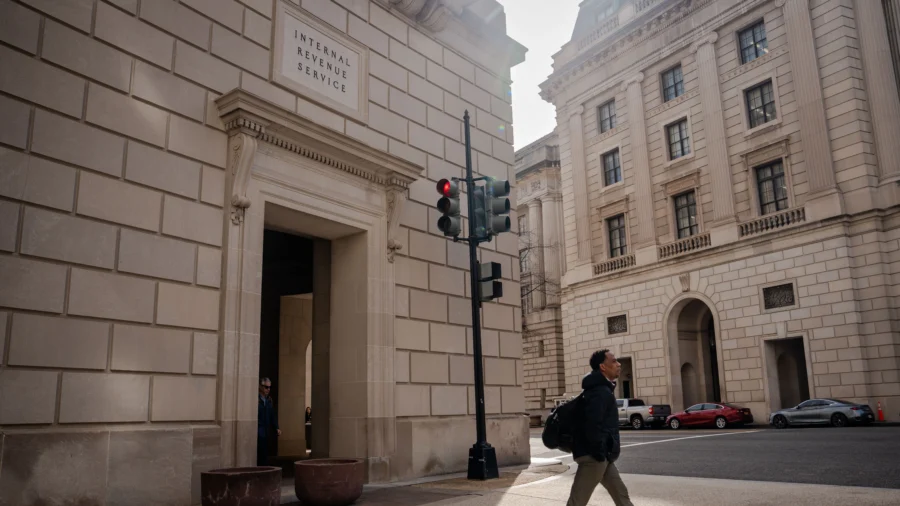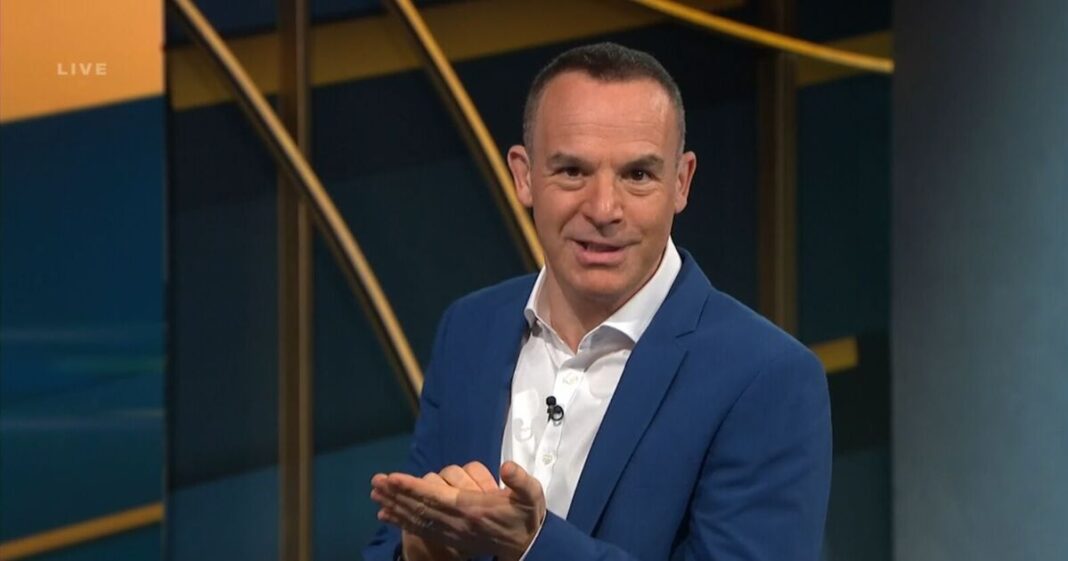Nigel Farage is the closest to a “tribune for the working class”, the former Bank of England chief economist has said, in a stark warning for Keir Starmer’s Labour party.
Andy Haldane said the surge in support for Reform UK in the opinion polls suggested there had been “something of a moral rupture” between the government and many voters, which he said should spur Starmer to take action with a “radical reset” of its growth plans.
Haldane said Labour’s misfiring growth strategy and decisions on winter fuel payments and the two-child benefit limit had opened the door to Farage by fuelling a sense that mainstream politicians promise change but fail to deliver.
Asked whether Reform was the new party of the working class, Haldane said: “I do not know. [But] as things stand today, and doing no more than echoing what is in the polls … that is what the larger part of the working classes think – which matters rather more than what I think. What is certainly true is Nigel Farage is as close to what the country has to a tribune for the working classes.
“I don’t think there’s any politician that comes even remotely close to speaking to, and for, blue-collar, working-class Britain. I think that is just a statement of fact, and in some ways that underscores the importance of the other parties doing somewhat better to find a story, to find a language, and to find some policies that speak to the needs of those most in need.”
Labour fended off Reform in Thursday’s Holyrood byelection in the central Scotland seat of Hamilton, Larkhall and Stonehouse. But its defeat last month in the Runcorn byelection and Reform’s victories in hundreds of council seats in England have raised concerns that Labour is struggling to hold on to core voters in its heartlands.
Ahead of Rachel Reeves’s spending review on Wednesday and an imminent announcement on the government’s industrial strategy, Haldane urged the chancellor to double down on Labour’s devolution agenda and to provide extra financial firepower to support manufacturing jobs and communities.
Reeves has argued that Britain’s economy is turning a corner after a weak performance at the end of 2024, although she has acknowledged that the public “are becoming restless” amid a battle to raise living standards.
Haldane, a key architect of the last government’s levelling up plans, said a rethink of Labour’s regional growth plans was needed. “Opportunity is knocking for a reset,” he said. “Both in how the growth and industrial strategy is conceived of, but also how it’s financed.
“Personally I have been very disappointed with the government offerings on this front so far. I am surprised there has not been a greater focus, other than in sloganeering, on properly empowering the regions and nations of the UK. Frankly without which the government’s growth mission has no hope.”
Publication of the government’s long-awaited industrial strategy, which had already been pushed back to June, will reportedly now not come until the last week of the month. Last-minute haggling over departmental budgets in the spending review has held it up, the Financial Times reported.
after newsletter promotion
Haldane, who is stepping down as the chief executive of the Royal Society of Arts thinktank at the end of this month, said a “sterile injection of optimism, money, and power” was needed in communities where many voters feel left behind.
He said the industrial strategy, which will set out government plans to support eight key sectors of the economy, could help Labour to win support in “red wall” seats in the north and midlands of England where Reform is making headway.
However, more investment was required in education, skills and training, he said. “A key missing ingredient from the government’s growth plan generally, and from previous governments’ growth plans, and at risk of being missing from the industrial strategy, is what is the people strategy to back that up.”
Haldane was chair of the last government’s Industrial Strategy Council before the group was abolished. Labour has created an advisory council to oversee its plan, led by Clare Barclay, the head of Microsoft in the UK.


